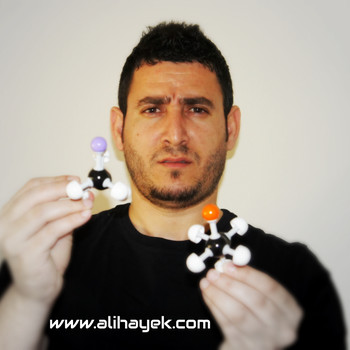Question #046fa
2 Answers
Explanation:
Therefore, from
The pH is calculated from both concentrations
Therefore the
In this case, the concentration of
Question is wrong and does not make sense.
Explanation:
The previous contributor did use the correct method to answer the question and in theory his answer is correct, but the answer makes no sense due to
Hence, there must be a mistake in the actual question that was asked and this can in fact be proven if one uses the equilibrium constant for water
This would imply that
This is impossible for an acid it cannot have this.

